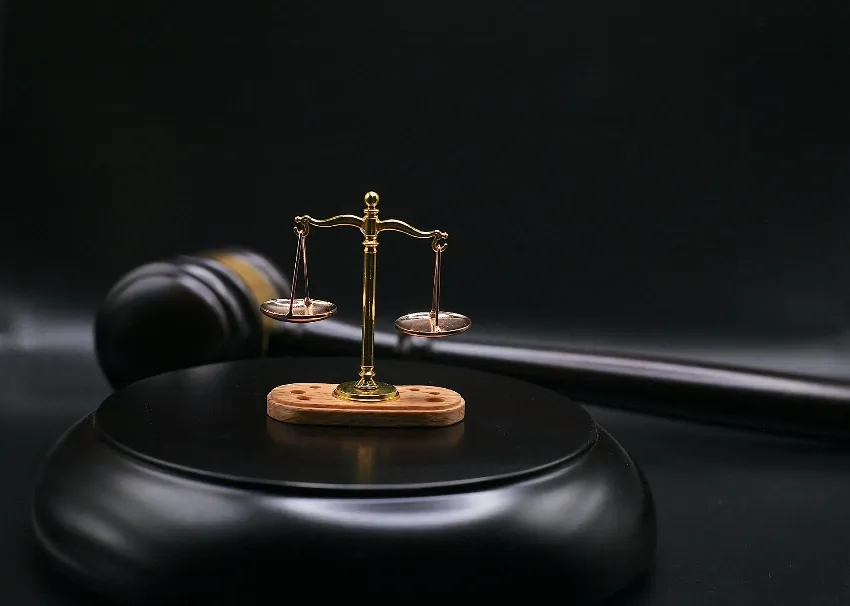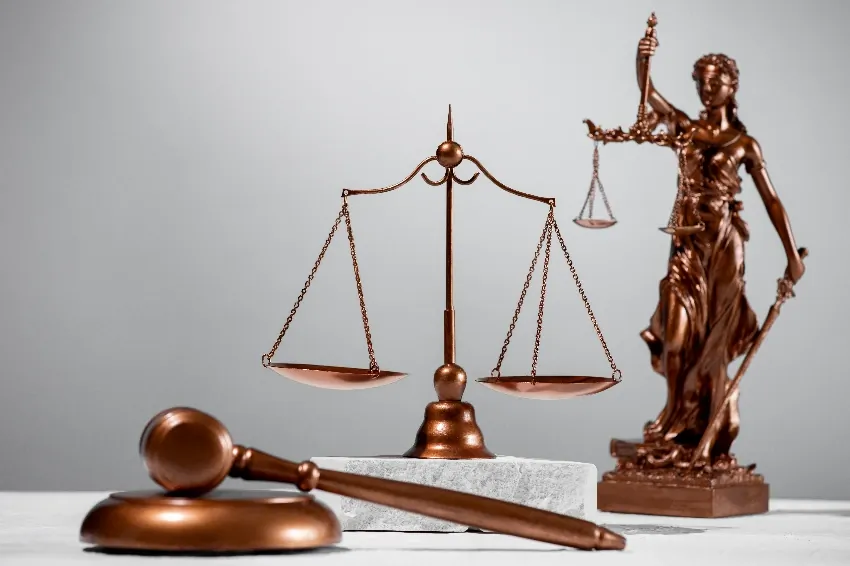Explore Legal Jurisprudence Insights
Welcome to our page dedicated to jurisprudence, where you can find valuable legal insights, articles, and case law analysis. Explore the latest developments in jurisprudence and stay informed on relevant legal issues.

Judgment No. 936 of 2025: Recognition of the finality of a ruling in tax proceedings.
The ruling no. 936 of 2025 by the Court of Cassation establishes very important news regarding the res judicata effect of criminal judgments in the tax context, clarifying the applicability of Article 21-bis of Legislative Decree No. 74 of 2000 also to prior situations.

Referral to the Civil Judge in Judgment No. 1662 of 2024: A In-Depth Analysis
Let’s explore ruling no. 1662 of 2024 of the Court of Cassation concerning the procedures for referral to the civil court in the case of preventive seizure and the legal implications for the ownership of the seized assets.

Judgment No. 20 of 2024: Illegal subdivision and standing of the heir.
Analysis of ruling no. 20/2024 concerning illegal land subdivision and the rights of the heir, with a focus on legal implications and European jurisprudence.

Commentary on Judgment No. 2369 of 2024: Extradition and the Principle of Specialty
The recent ruling of the Court of Cassation clarifies the principle of specialty in extradition, highlighting the importance of the laws in force at the time of the extraditee's surrender.

Analysis of Judgment No. 2625 of 19/11/2024: Crime of Unauthorized Use of Credit Card and Identity Theft.
The ruling no. 2625 of 2024 by the Court of Appeal of Rome clarifies the absorption of the crime of abusive use of credit cards by that of identity theft, addressing the conditions and behaviors involved.

Analysis of Judgment No. 3044 of 2024: Attempted Money Laundering and Configurability of the Crime.
The ruling no. 3044 of 2024 by the Court of Appeal of Bari clarifies the configurability of the attempt of money laundering, emphasizing the distinction between crimes of immediate consummation and crimes of deferred consummation.

Resistance to Public Officials: Analysis of Judgment No. 44069 of 2024
Judgment No. 44069 of 2024 of the Court of Cassation clarifies the configurability of the crime of resisting a public official in cases of self-harm threats. Let’s explore the legal significance of this decision.

Evidence seizure: commentary on ruling no. 46549 of 2024
The ruling no. 46549 of 2024 clarifies the requirements for evidence seizure, emphasizing that there is no need for a match between the owner of the asset and the suspect. A thorough analysis of this legal principle.

Analysis of Judgment No. 45290 of 2024: the assessment of trivial reasons in criminal law.
Judgment No. 45290 of 2024 offers important insights into the assessment of trivial motives in criminal law, highlighting the bifacial method required by Italian jurisprudence. Let's explore together the meaning and implications of this decision.

Judgment No. 44000 of 2024: The Importance of the Prohibition of 'Reformatio in Peius' in Criminal Appeal.
Let's analyze the ruling no. 44000 of October 15, 2024, which clarifies the prohibition of 'reformatio in peius' and its application in the appellate process, with particular reference to the reduction of the sentence.